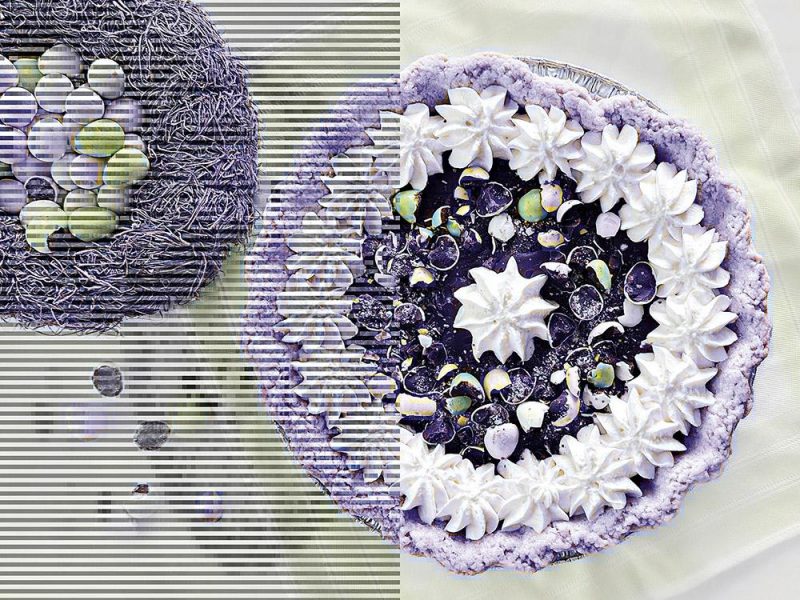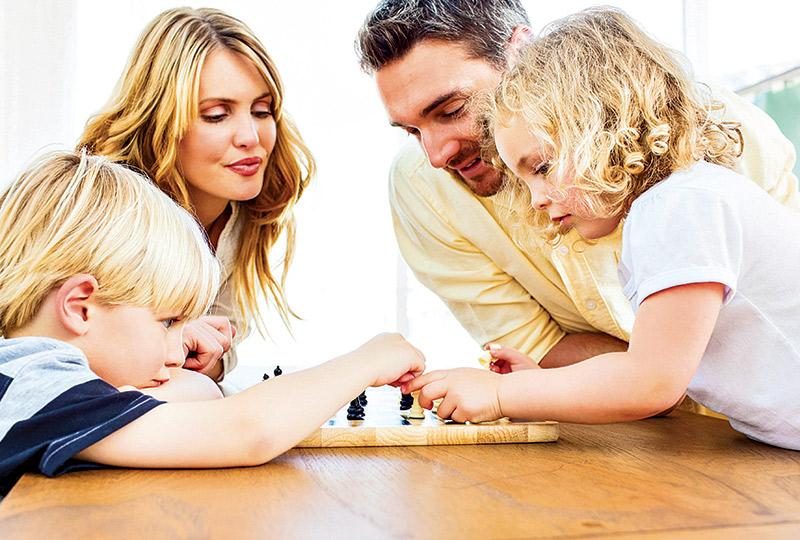
Love means having to say more than sorry
By Dr. Jennifer Freed
Sometimes saying,“I’m sorry” isn’t enough to heal the pain caused by acts of harm like lying, saying hateful things, breaking agreements or excluding friends. All of us will make some of these mistakes at times in our lives, and others will definitely feel harmed by them. We knit the fabric of our relationships through the validity of our word matching the veracity of our actions. When our word becomes insubstantial or undependable, our credibility and character weakens considerably. How then do we restore connection when we have broken our word?
Here is a 6-step guide to
making things right and
putting the past in the past:
1. Let the person know why repairing this relationship is so important to you. Example: “Our friendship means everything to me and I want to repair our trust,” or “You are family to me and I want to be closer to you again.”
2. Take full responsibility for the harm you have caused. Acknowledging that your behaviour was hurtful is the first real move to regain trust in the relationship. Make certain you empathize and validate feelings. Example: “I missed our appointment and left you waiting. That must have felt horrible. What I did is not okay,” or “Lying is never alright. I have no excuse for the pain I have caused you.”
3. Ask the other person what your harmful behaviour was like for them and listen patiently without defending yourself or adding in any of your own gripes about them. This step is important even though it is very hard to listen to the pain your actions have caused. You must show empathy so the other person can know you are willing to feel the impact of your actions.
4. Ask the person you have harmed for different options on how you could repair the relationship. Let them know that together you will agree on a way to make the repairs and a timeline for completion. Example: “What do you need me to do to repair this broken trust?” or “What would let you know that I feel great remorse and want to make it up to you?”
5. Together come up with a plan that can be accomplished within a reasonable time so that both of you can truly evaluate that your contrition is complete. Example: “Within one week you will contact the three people you told that rumor to and let them know it was false” or, “Over the next two months, you will show up five minutes early for each of our appointments.”
6. The final step is the golden prize: completion and reconnection on a new level. Once you have accomplished the mutually agreed upon repairs, it is time to celebrate and start anew. This requires both people to commit to a new beginning because the past has been addressed successfully and integrity has been restored. Make a formal time to look each other in the eye and say: “We did it. We got past it!” You both have worked hard to move on from the hurt and congratulating each other paves the way for a reinvigorated start for the future.
Anyone can make mistakes, be resentful and want revenge. But true connection and deep friendships only come to those who are willing to heal ruptures, repair broken trust, and restore caring through tangible efforts.
Dr. Jennifer Freed, a licensed psychotherapist, is the co-founder of the California-based non-profit AHA!, works to prevent bullying and violence and to promote character, conscience, leadership and social-emotional intelligence. For more information, visitwww.ahasb.org.







